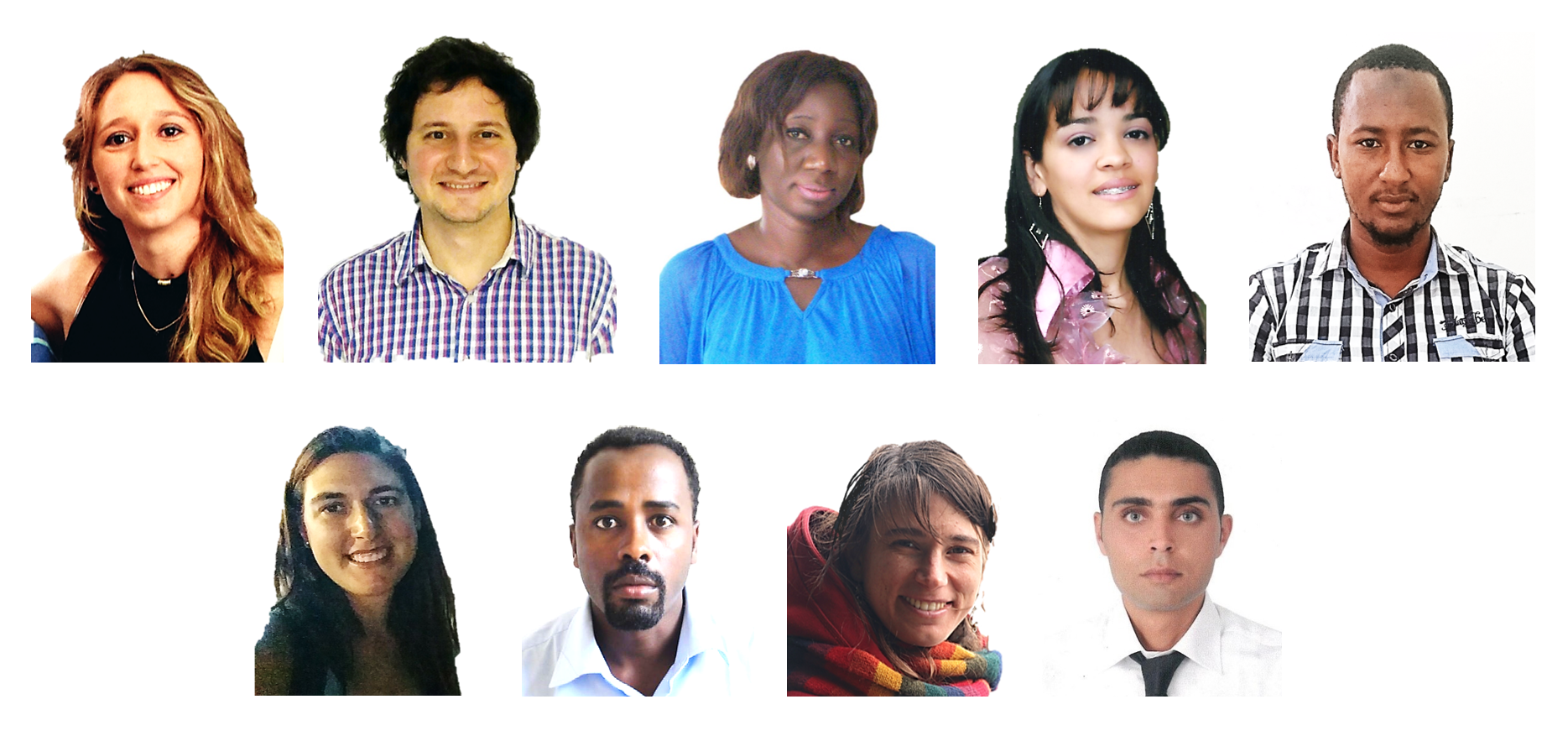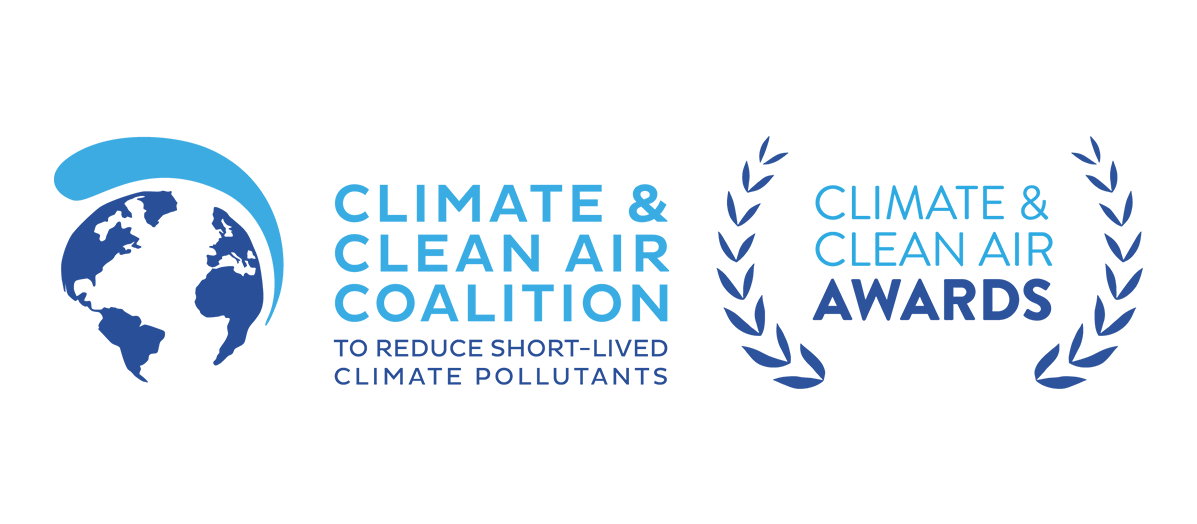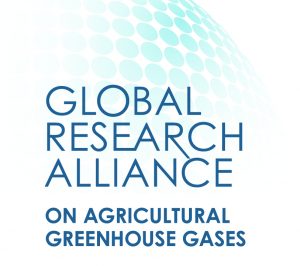The May 2018 newsletter of our Partner, the Climate & Clean Air Coalition (CCCA), is now available.
Included in this issue is a briefing on methane, with some focus on the agricultural sector.
The GRA is working in Partnership with the CGIAR Research Program on Climate Change, Agriculture and Food Security (CCAFS), the Food and Agriculture Organization of the United Nations (FAO), and other experts to identify cost-effective and technically sound measurement, reporting, and verification (MRV) systems – and the guidance, tools, and platforms that support them.
At a side event during the 2018 Bonn Climate Change Conference, experts from Brazil, Guatemala, and Uruguay shared their experiences developing MRV systems for livestock NAMA projects at the local level and elaborated on how this information could inform NAMAs and Nationally Determined Contributions (NDCs) going forward.
Four themes arose from presentations and discussion with the audience:
(1) Standardized approaches are needed at subnational/project and national MRV levels to enable the two systems to “talk” to each other.
(2) Protocols and technologies for information collection apps, data compilation and access via platforms were essential components of MRV systems and can help with aggregation, standardization, and quality control.
(3) MRV should build on national livestock information systems and seek to improve these to provide robust activity data.
(4) Capacity development at subnational levels should be a priority.
Read the report here in English, French and Spanish.
The latest newsletter from our Partner GODAN is now available. Included in this issue is information about a white paper on Digital and data-driven agriculture opportunities for smallholders, and the results of an analysis of five agriculture programmes regarding donor open data policy and practice.
NZAGRC Senior Scientist – AgResearch
An opportunity has opened for an experienced and passionate scientist to join the New Zealand Agricultural Greenhouse Gas Research Centre (NZAGRC).
The role requires monitoring New Zealand’s science input into the Global Research Alliance and providing underpinning advice on collaborative research between New Zealand and international scientists from a range of disciplines. This will include overseeing the administration of large integrated research programmes. You will provide the NZAGRC with advice and leadership in climate change research.
Job Description
- Assess quality and delivery of science inputs against programme milestones
- Assist in the development of a new, collaborative research programme
- Provide underpinning knowledge on climate change and climate change policy
- Compile written science recommendations suitable for policy audiences
- Ensure research contracted by the NZAGRC is of the highest standards
- Establish sound working relations and collaboration between key stakeholders
Ideal candidate background
- PhD degree in a climate change related discipline with particular emphasis on agricultural greenhouse gas mitigation
- Proven track record of research and development in agriculture
- Experience in negotiation, administration and monitoring of research contracts and research outputs
- Working knowledge of evidence informed policy establishment
- Knowledge and interest in New Zealand pastoral agriculture industries
AgResearch provide a diverse range of benefits including flexible working options that help our staff balance their own lifestyle and needs with their work commitments.
Applications
For a confidential discussion contact Harry Clark, NZAGRC Director on 06 351 8334
See here for more information and to apply. Applications close 5pm, Thursday 14 June 2018
An opportunity for a Bio-economy Specialist has arisen in the Livestock Information, Sector Analysis and Policy Branch (AGAL) of the Food & Agriculture Organisation (FAO) in Rome. AGAL provides information services and carries out analysis in support of technical and policy interventions towards sustainable livestock sector, focussing on social, economic and environmental pillars.
Tasks and responsibilities:
- Provide expertise and support the implementation of FAO work on the sustainability of livestock production systems;
- Develop a strong research base delivering fundamental knowledge on the reduction of waste streams and utilization of nutrients and biomass in the livestock systems;
- Collect, research and analyses technical information for assessing the contribution of the livestock supply chains to the circular bio-economy;
- Identify the opportunities and challenges to implement the circular bio-economy concept in livestock production systems, considering heterogeneity between supply chains and regions;
- Evaluate the economic, social and environmental performance of livestock systems;
- Understand the role of policy actions in promoting the bio-economy including the review of existing initiatives and policies that promote circular bio-economy for livestock sector and identify the role of different stakeholders;
- Perform any other tasks as required.
Minimum Requirements
- Advanced university degree in Agricultural Economics or Agricultural Sciences with emphasis on animal science, agro-technology
- At least 3-5 years of relevant experience in research on circular economy, sustainable food systems, environmental and socioeconomic assessments of food systems
- Working knowledge of English or French and limited knowledge of one of the other French or Spanish, Arabic, Chinese or Russian
HOW TO APPLY
To apply, visit the recruitment website at Jobs at FAO and complete your online profile. Incomplete applications will not be considered. Only applications received through the recruitment portal will be considered.
The deadline for applications is 23:59 Central European Time (CET) on 31 May 2018. We encourage applicants to submit the application well before the deadline date.
If you need help, or have queries, please contact: [email protected]
Our partner, the Climate & Clean Air Coalition (CCAC), has released its April 2018 newsletter. This edition includes information on their 2018 Award for an individual or group’s exceptional contribution to reducing short-lived climate pollutants, including in the area of agriculture.
|
|
|
Entries and nominations are for projects, programs and policies that demonstrate:
To submit an entry, nominate a group or individual, or learn more about the awards program, visit the website. Entries will be accepted until Monday, 4 June 2018. Winners announced this September. If you have any questions you can contact the Climate & Clean Air Coalition Secretariat at [email protected] or at (+33) 1 44 37 14 73. |
|
|
 The first successful candidates of the GRA and CGIAR Research Program on Climate Change (CCAFS) joint CLIFF-GRADS initiative have been announced.
The first successful candidates of the GRA and CGIAR Research Program on Climate Change (CCAFS) joint CLIFF-GRADS initiative have been announced.
CLIFF-GRADS is a new international doctorate scholarship programme designed to support budding agricultural scientists.
Some 65 applicants from 23 countries applied for the scholarship following its launch at the United Nations climate conference in November last year. The nine successful first-round candidates come from a range of countries including Argentina, Ethiopia, Colombia, Nigeria and Tunisia.
Scholarship recipients will work in a range of research fields including nutrient management, pasture management, soil and rumen microbiology, tropical agriculture, and greenhouse gas measurement.
The awardees are:
- Abubakar Halilu, Ahmadu Bello University, Nigeria
- Sebastián Vangeli, National Institute of Agricultural Technology, Argentina
- Ridha Ibidhi, Mediterranean Institute for Agricultural Economics of Zaragoza, Tunisia
- Yohannes Gelan Regassa, Bahir Dar University, Ethiopia
- Isabel Cristina Molina Botero, Universidad Autonoma de Yucatan, Colombia
- Banira Lombardi, National University of the Centre of the Province of Buenos Aires, Argentina
- María De Bernardi, National University of the Centre of the Province of Buenos Aires, Argentina
- Florencia Garcia, National University of Córdoba, Argentina
- Ofonime Eyo, Pan African University institute of Life and Earth Sciences (University of Ibadan), Nigeria
They will be hosted by research organisations in six countries:
- International Centre for Tropical Agriculture (CIAT), Colombia
- Rothamsted Research and Bangor University, United Kingdom
- Wageningen University and Research, The Netherlands
- International Centre for Maize and Wheat Improvement (CIMMYT), India and Bangladesh
- National Institute of Agricultural Research (INIA), Chile
The latest letter from FACCE-SURPLUS (Sustainable and Resilient Agriculture for Food and Non-Food Systems) is now available. This edition includes information on the upcoming International Conference on Agricultural GHG Emissions and Food Security – Connecting Research to Policy and Practice
The latest newsletter of our Partner, Global Open Data on Agriculture and Nutrition (GODAN), is now available. This edition includes information on the Africa Climate Smart Agriculture Congress and an article on how to make agricultural research data more discoverable, reusable and reproducable.
The Global Research Alliance has reached a milestone membership of 50 volunteer member countries from around the world. Our 50th Member, the Democratic Republic of the Congo, has joined us as the result of discussions at the Japan Pavilion side event at the COP23 Event in Bonn last year. We would like to thank Japan for hosting this event.
The Democratic Republic of the Congo is our seventh African country to have joined the membership of the GRA, and we are looking forward to working together to help grow more food while reducing agricultural greenhouse gas emissions.
Below is a list of all our 50 Member Countries:
- Argentina
- Australia
- Belgium
- Bolivia
- Brazil
- Canada
- Chile
- China
- Colombia
- Costa Rica
- Democratic Republic of Congo
- Denmark
- Dominican Republic
- Ecuador
- Egypt
- Finland
- France
- Germany
- Ghana
- Honduras
- Indonesia
- Ireland
- Italy
- Japan
- Lithuania
- Malaysia
- Mexico
- Netherlands
- New Zealand
- Nicaragua
- Norway
- Panama
- Paraguay
- Peru
- Philippines
- Poland
- Senegal
- South Africa
- South Korea
- Spain
- Sri Lanka
- Sweden
- Switzerland
- Thailand
- Tunisia
- United Kingdom
- United States of America
- Uruguay
- Vietnam
- Zimbabwe
The Global Research Alliance has updated our website to include a list of all our current Affiliates.
The page can be viewed alongside our Partners on our Community page, and shows the organisations represented by our 49 Member countries and by invited experts who participate in our Networks.
The March issue of the Joint Programming Initiative on Agriculture, Food Security and Climate Change (FACCE-ERA-GAS) newsletter is now available.
This issue mentions the International Conference on Agricultural GHG Emissions and Food Security – Connecting research to policy and practice (September 10-13), which will be held alongside the GRA’s annual Council meeting in Berlin (September 10-11).
Read the newsletter here






